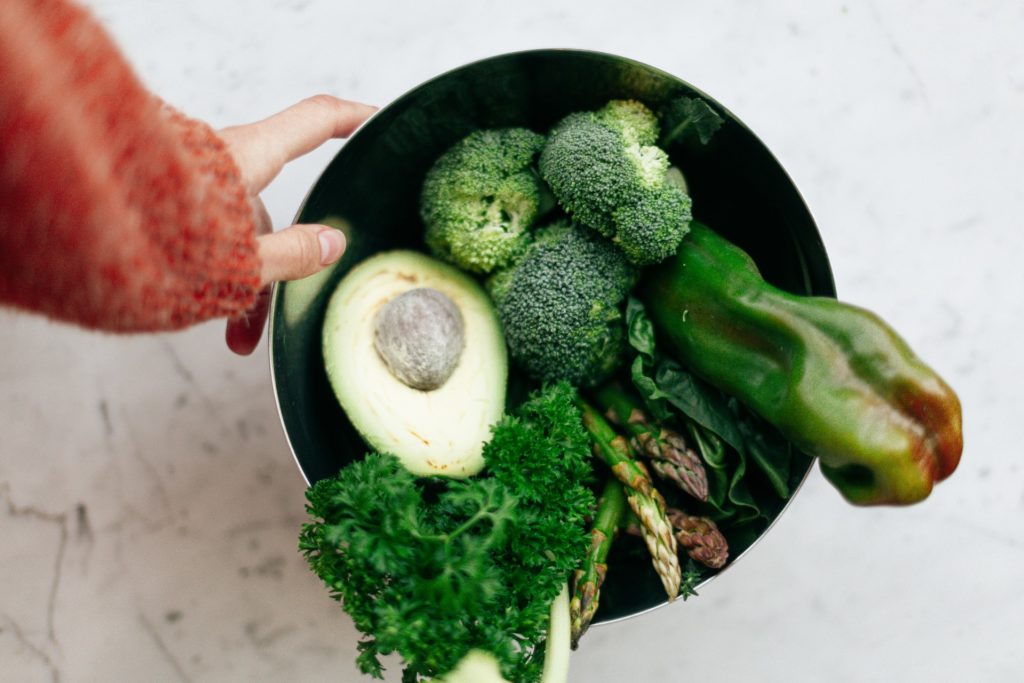Fiber is not essential or necessary.
In fact it makes bowel movements/GI symptoms worse. This idea that fiber was good for the body was born out of religious zealots from the Seventh-Day Adventist church. The most notable being one John Harvey Kellogg, yes, the cereal Kellogg. Their belief was that a plant-based/vegan diet cured impure thoughts and lust, which drove masturbation, which would lead to blindness, decay, heart disease, cancer, insanity, and early death. But, our digestive systems were never meant to handle so much indigestible plant material. Slowly, as religious reasons fell out of favor, it evolved into us all being told that we need to eat fiber to increase the bulk of the stool to prevent constipation, but does that really make sense when considering that the goal is to pass something through a small hole at the end of the tunnel? Fiber in fact leads to more constipation and bloating, as it is indigestible, most of it ends up in the colon, indeed feeding the bugs in our gut where they produce a lot of gas. And since, it really does give the stool more bulk, it becomes even harder to pass through the digestive tract. All things considered, fiber serves to make digestion a much more uncomfortable experience than it has to be.

It’s pretty clear that eliminating fiber from the diet would be extremely beneficial in respect to reducing GI symptoms.
TL;DR
Fiber is not essential to our diet in any way. The concept that it is essential is an ideology that has been pushed by a religious sect for decades. You may decide to still include plants and fiber in your diet, but by no means is it necessary for health. It in fact tends to worsen gastrointestinal issues rather than improving them.
Other resources:
–Paul Saladino, MD on Everything You Thought You Knew About Food Might Be Wrong
Carnivory – a cure or a risk? — Diet Doctor Podcast with Amber O’Hearn
–How does Smooth Yogurt Have Added Fibre? | Food Unwrapped
Fun history:
- Breakfast cereals were invented to curb sex drive
- How modern breakfast cereal was invented
- Cereal makers sold us a breakfast myth
- The Surprisingly Dramatic Origin of Corn Flakes
- The True And Often Bizarre History Of Cereal | Food: Now and Then | NowThis
Papers:
